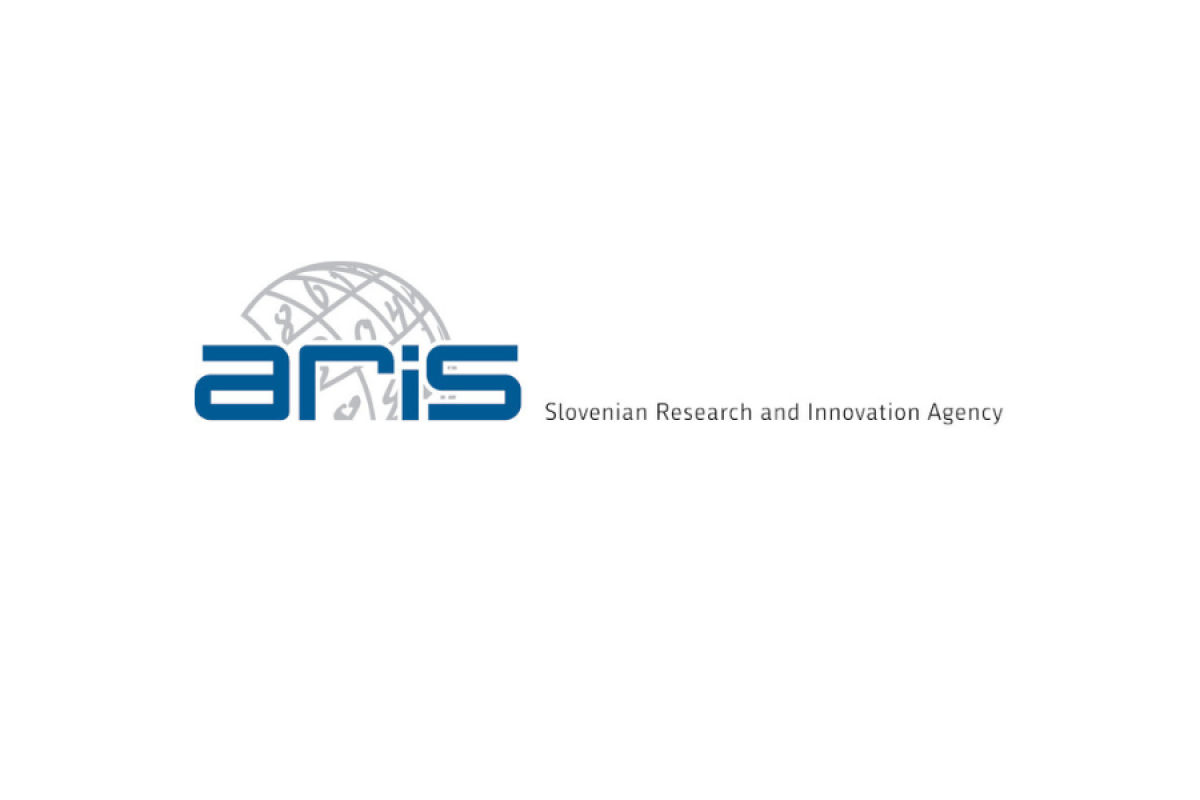
Taking care of caretakers! Emotional labor, sleep and the well-being of healthcare workers
Project code
J5-60089
Project title
Taking care of caretakers! Emotional labor, sleep and the well-being of healthcare workers
Period
1. 1. 2025 – 31. 12. 2027
Head of the project
Research activity
Social sciences/Economics/Business sciences
Other research organisations
University Medical Centre Ljubljana
Project abstract
Healthcare workers face important challenges in their work that affect their well-being and human sustainability at work, but organizations, leaders, society, and the scientific community are often not aware of this. Healthcare workers are burdened by emotional work, long working hours, irregular shifts and the typical lack of sleep. Existing research shows that, compared to the general population, medical doctors experience more burnout, health problems and even suicide, and have a shorter life expectancy and years of healthy life. Night shift work is particularly associated with higher mortality. This global trend is also reflected in Slovenia, where overworked nurses are looking for alternative careers due to excessive work demands, and medical students are less interested in certain specializations, also known for excessive work demands.
In order to better understand the reasons for such difficulties, our research draws on organizational theory as a framework for investigating the job demands and resources of health professionals. Based on the Job Demands-Resources Model (JDR), we focus on the effects of stress at work: on the one hand, it affects the motivational process (prosocial behavior and helping others), and on the other hand, it affects the deterioration of health (burnout , emotional exhaustion). The goal of the research is to better understand the work demands and resources that healthcare professionals need in their work. We focus on sleep as a key resource in managing the work demands of healthcare professionals, with the aim of preventing burnout and improving prosocial behaviour.
In doing so, we address not only the urgent calls of the World Sleep Association for the inclusion of sleep in public health policies due to its critical importance for people's physical health, mental health and social well-being (Lim et al., 2023), but also contribute to the following research areas: 1) Longevity and well-being of healthcare workers, 2) JDR model and organizational theory, 3) Sleep and work performance, and 4) Methodological shortcomings of sleep research. As part of a longitudinal research, we will measure and study the daily dynamics of work needs and sleep by combining different research methods in the work environment. We will do this with the help of smart sleep tracking devices combined with the subjective perceptions of healthcare professionals.
Researchers working on the project
Phases of the project and their realization
Content-wise, the project is divided into three work packages (WP). In WP1, we examine the role of sleep for healthcare professionals. Work-related stressors, such as high workload and job demands, negatively affect sleep quality in healthcare workers. We will explore how sleep can act as a counterbalance to work demands and emotional labor in the healthcare sector.
In WP2, we focus on the influence of sleep on burnout and prosocial behavior. Lack of sleep is associated with burnout, poorer well-being and difficulty making decisions, which affects the quality of work with patients and their safety. We will investigate the role of sleep in preventing burnout, improving prosocial behavior and its impact on patient outcomes.
In WP3, we focus on managing the results of the work of healthcare workers. We will investigate which level of results management is more suitable for healthcare professionals - at the personal or organizational level. Work/contextual characteristics and personal characteristics may moderate or strengthen relationships between sleep, work, and well-being. Understanding these influences helps with strategies to optimize the healthcare work environment and improve outcomes.
Citations for bibliographic records
Research projects (co)funded by the Slovenian Research and Innovatian Agency.

